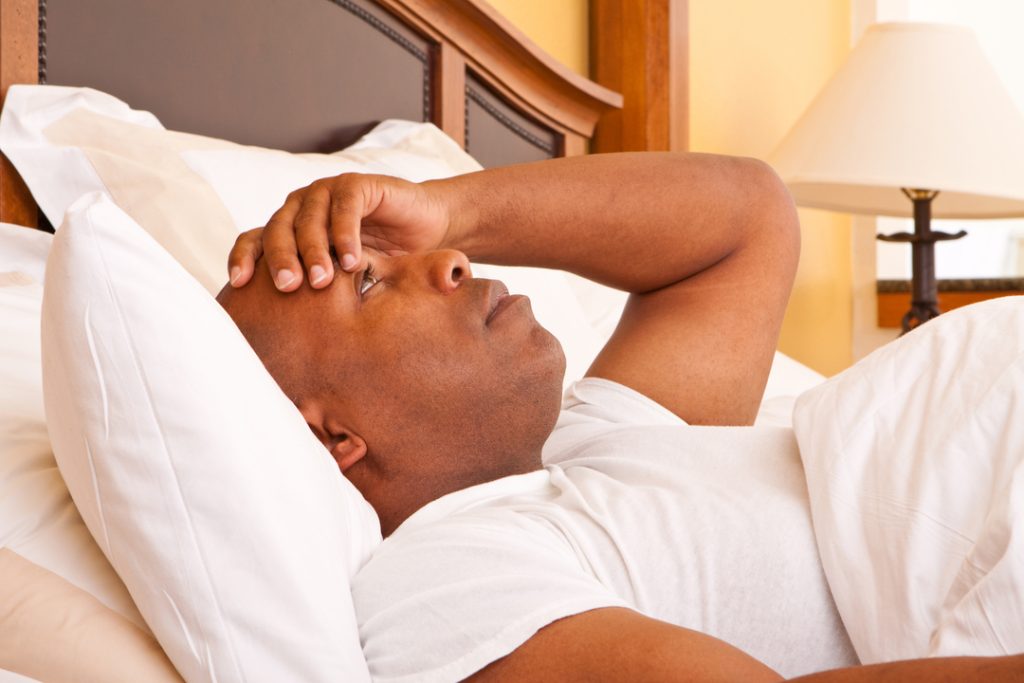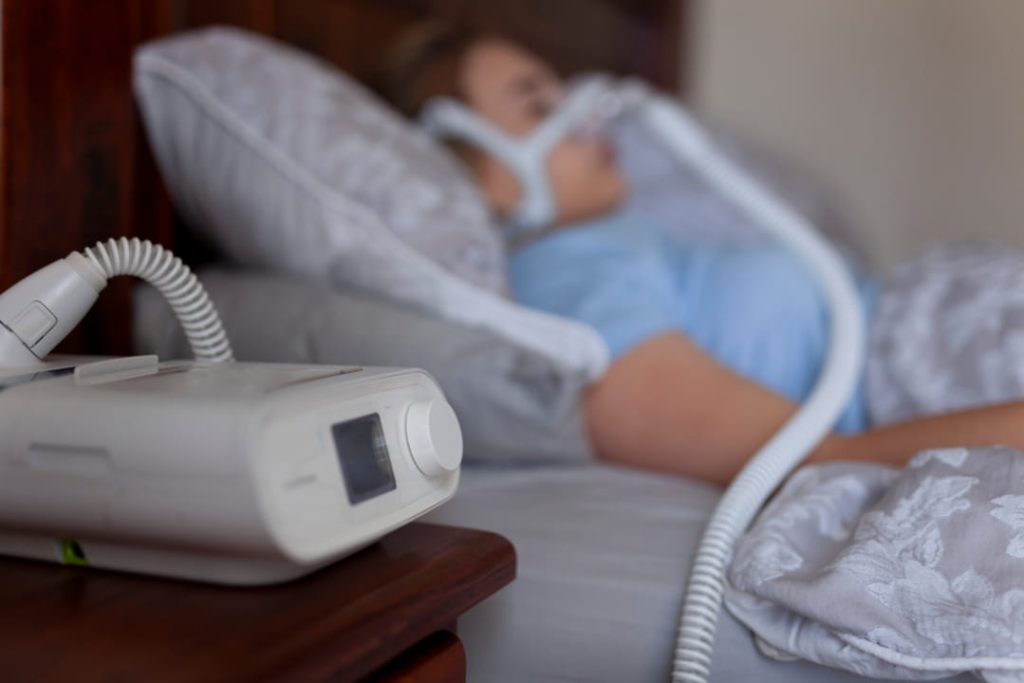Nexus Letter for Sleep Apnea Secondary to Depression
By Telemedica
12/13/2024
If your VA claim was denied or you didn’t receive the disability rating you deserve, you may benefit from a nexus letter.
A nexus letter helps connect your condition to your military service while providing validity to your VA claim.
In this post, we’ll explore how a nexus letter for sleep apnea secondary to depression can be the key to winning your VA claim and how the team at Telemedica can assist you.
Key Takeaways
- A nexus letter for sleep apnea secondary to depression connects your service-related depression to the development or worsening of sleep apnea, providing essential medical evidence to support your VA claim.
- Sleep Apnea and Depression Are Linked: Depression can lead to weight gain and sleep disturbances, which increase the risk of sleep apnea. Each condition can worsen the other, creating a challenging cycle.
- To establish a service connection for sleep apnea secondary to depression, you need a current diagnosis of both conditions, along with medical evidence showing the link between them.
- The VA rates sleep apnea secondary to depression based on severity and treatment requirements, with ratings ranging from 0% to 100%, depending on the use of breathing assistance devices and other factors.

Nexus Letter for Sleep Apnea Secondary to Depression
A nexus letter for sleep apnea secondary to depression is essential evidence when applying for VA benefits.
For example, weight gain from overeating as a coping mechanism for mental distress can lead to sleep apnea. This secondary mechanism is significant because weight gain is the number one risk factor for developing the condition.
Having this information in your nexus letter can prove vital in receiving the VA disability benefits you rightfully deserve.
Obtaining a nexus letter is strongly recommended to strengthen your claim because it links your service-connected depression to the development or worsening of sleep apnea.
Nexus letters provide a healthcare provider’s professional opinion and medical rationale, clearly stating that your sleep apnea is the result of your service-connected depression.
The Connection Between Sleep Apnea and Depression
The connection between sleep apnea and depression is complex and bidirectional, meaning each condition can influence and exacerbate the other.
A 2003 study at the Stanford University School of Medicine found that people with depression are five times more likely to have a breathing-related sleep disorder than non-depressed people.
In addition, research shows that a 10% weight gain is associated with a sixfold increase in risk of obstructive sleep apnea (OSA). It’s also proven that there is a link between depression and weight gain, which can further increase your risk for sleep apnea.
Depression can disrupt normal sleep patterns, contributing to conditions like insomnia or hypersomnia. These sleep disturbances can worsen sleep apnea by influencing how the body regulates breathing during rest.
The combination of sleep apnea and depression can create a vicious cycle. Poor sleep from sleep apnea exacerbates depressive symptoms, while depression can make it harder to seek or adhere to treatment for sleep apnea, like CPAP therapy.
However, effective treatment of one condition can often alleviate the other. For example, managing sleep apnea with CPAP or other interventions can improve mood and reduce depressive symptoms.
Similarly, treating depression with therapy or medication may lead to better sleep hygiene and fewer apnea episodes.
Proving Service-Connection for Sleep Apnea Secondary to Depression
You must prove service connection when filing a VA disability claim for sleep apnea secondary to depression.
Service connection requires:
- A current medical diagnosis of sleep apnea from a sleep study AND
- A current service-connected primary disability (Depression) AND
- Medical nexus evidence establishing a connection between the service-connected primary condition (Depression) AND the current disability you’re trying to connect secondary (Sleep Apnea)
You’ll be required to attend a sleep study to receive an accurate sleep apnea diagnosis. A sleep study helps identify evidence of irregular breathing, gasping, and other obvious signs of sleep apnea.

How the VA Rates Sleep Apnea Secondary to Depression
The VA rates sleep apnea secondary to depression at 0%, 30%, 50%, and 100%, depending on the severity, frequency, duration of symptoms, and whether the use of a breathing assistance device is required.
The highest VA rating for sleep apnea secondary to depression is 100%, with most veterans receiving a 50% rating for obstructive sleep apnea.
The VA rating for sleep apnea is under 38 CFR § 4.97, Diagnostic Code 6847 Schedule of Ratings – Sleep Apnea Syndromes (Obstructive, Central, Mixed).
If you receive a 50% or greater VA rating for sleep apnea, you’ll require one of the following qualifying breathing assistance devices:
- Continuous positive airway pressure (CPAP) machine
- Automatic airway pressure device (APAP)
- Bilevel-positive airway pressure device (BiPAP, also known as NIPPV or NIV)
- Nasopharyngeal appliances (Nasal dilators; nasopharyngeal stents)
- Oral appliances (mandibular advancement devices (MAD); tongue-retaining mouthpieces)
- Implanted genioglossal nerve stimulation devices
How Telemedica Can Support You in Obtaining Your Nexus Letter
Understanding the need for a nexus letter for sleep apnea secondary to depression may strengthen your claim. The licensed, trusted professionals at Telemedica can provide you with a nexus letter, paving the way to the benefits you rightfully deserve.
Medical Evidence Wins VA Claims
Did you know that a lack of medical evidence is the #1 reason VA disability claims are denied?
Medical evidence is a crucial piece of the puzzle that VA raters consider when reviewing a disability claim. Telemedica provides solutions for veterans looking to bolster their claims through high-quality medical evidence that wins claims.
Schedule your FREE 20-minute consultation and learn how to get the supporting medical evidence you need to strengthen your claim.